

|
Malik Supply seeks bunker trader for Fredericia office
Danish company advertises role focusing on client portfolio development and energy product trading. |
|
|
|
||

|
Chimbusco Pan Nation seeks credit analysts for Asia-Pacific and Middle East expansion
Bunker firm recruiting for Hong Kong, Singapore, and Shanghai offices with APAC and MENA focus. |
|
|
|
||
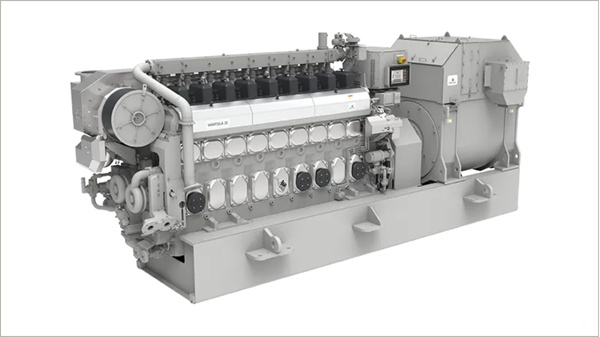
|
Wärtsilä to supply biodiesel-capable engines for AMAGGI's two new Amazon pusher tugs
Brazilian operator orders fuel-flexible engines for vessels designed to push 20 barges on inland waterways. |
|
|
|
||
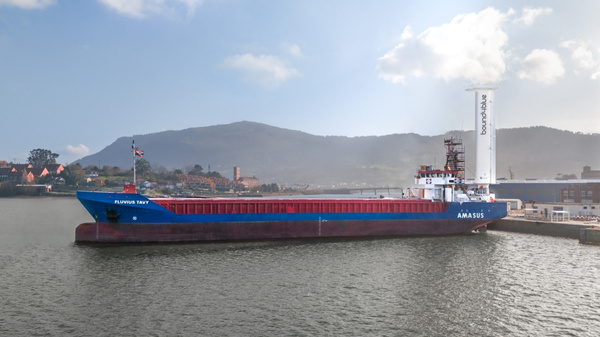
|
Amasus installs second bound4blue wind sail on general cargo vessel
Dutch shipowner installs what is said to be the largest suction sail ever fitted to a general cargo vessel. |
|
|
|
||
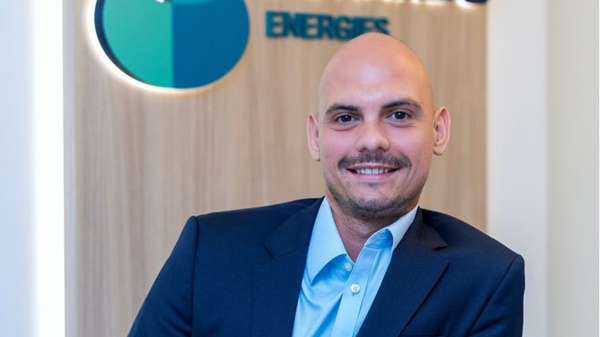
|
Burando Energies appoints Vasileios Analytis as commercial director in Dubai
Marine fuel trader promoted following expanded trading activity and commercial development. |
|
|
|
||
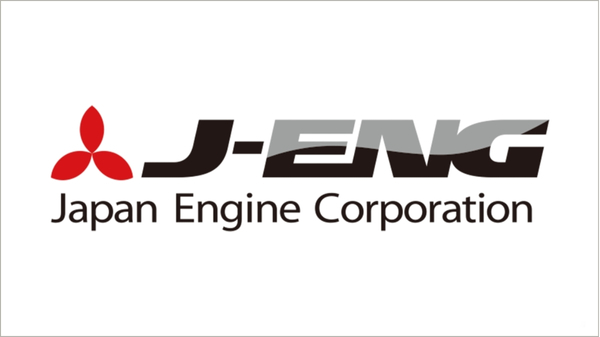
|
J-ENG starts development of methanol-fuelled marine engine
Japanese engine maker targets 2027 completion for UEC50LSJM model following ammonia and hydrogen engine projects. |
|
|
|
||
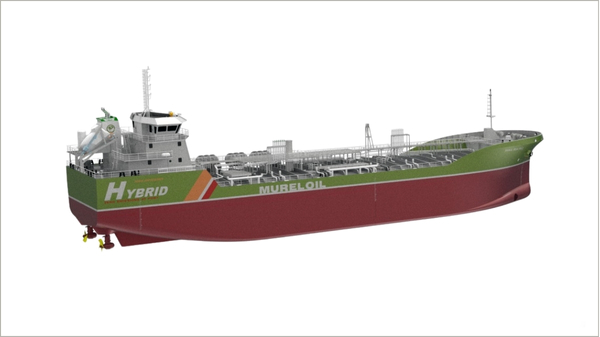
|
AYK Energy secures second battery contract with Mureloil for chemical tankers
Spanish ship owner orders hybrid propulsion systems for two 8,000-dwt vessels transporting biofuels and methanol. |
|
|
|
||
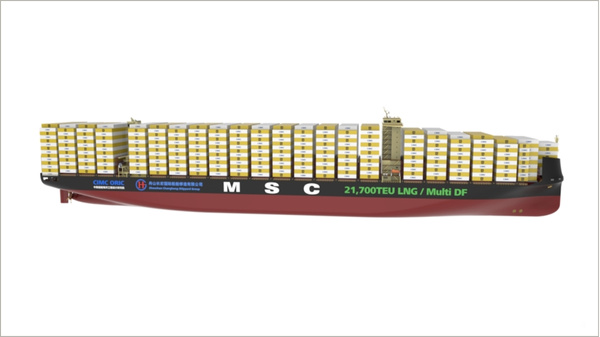
|
DNV approves 21,700-teu container ship design with ammonia fuel capability
Design by Zhoushan Changhong and CIMC ORIC can accommodate LNG or ammonia propulsion systems. |
|
|
|
||
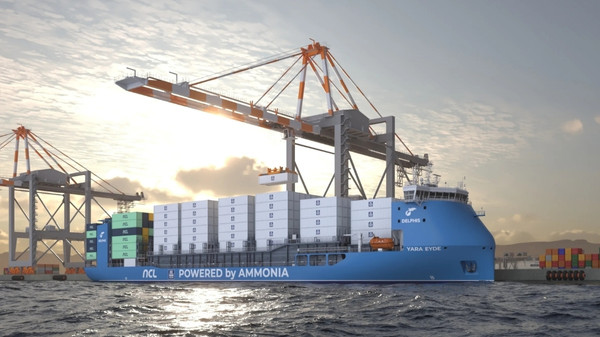
|
CMB.Tech invests in Chinese ammonia supply chain ahead of fleet deliveries
Belgian shipping group secures green ammonia offtake and takes stake in Andefu supply company. |
|
|
|
||

|
UK P&I Club joins SEA-LNG coalition to support LNG marine fuel adoption
Insurer brings 50 years of LNG experience to methane pathway coalition focused on maritime decarbonisation. |
|
|
|
||
| Scrubbers better for health than HFO ban, says report [News & Insights] |
| PureSOx Global prepared to comply with 0.5% sulphur fuel cap [News & Insights] |
| First vessel with 'Scrubber Ready' notation christened [News & Insights] |
| Finnlines secures funding to retrofit scrubbers [News & Insights] |
| New scrubber system developed in Singapore [News & Insights] |